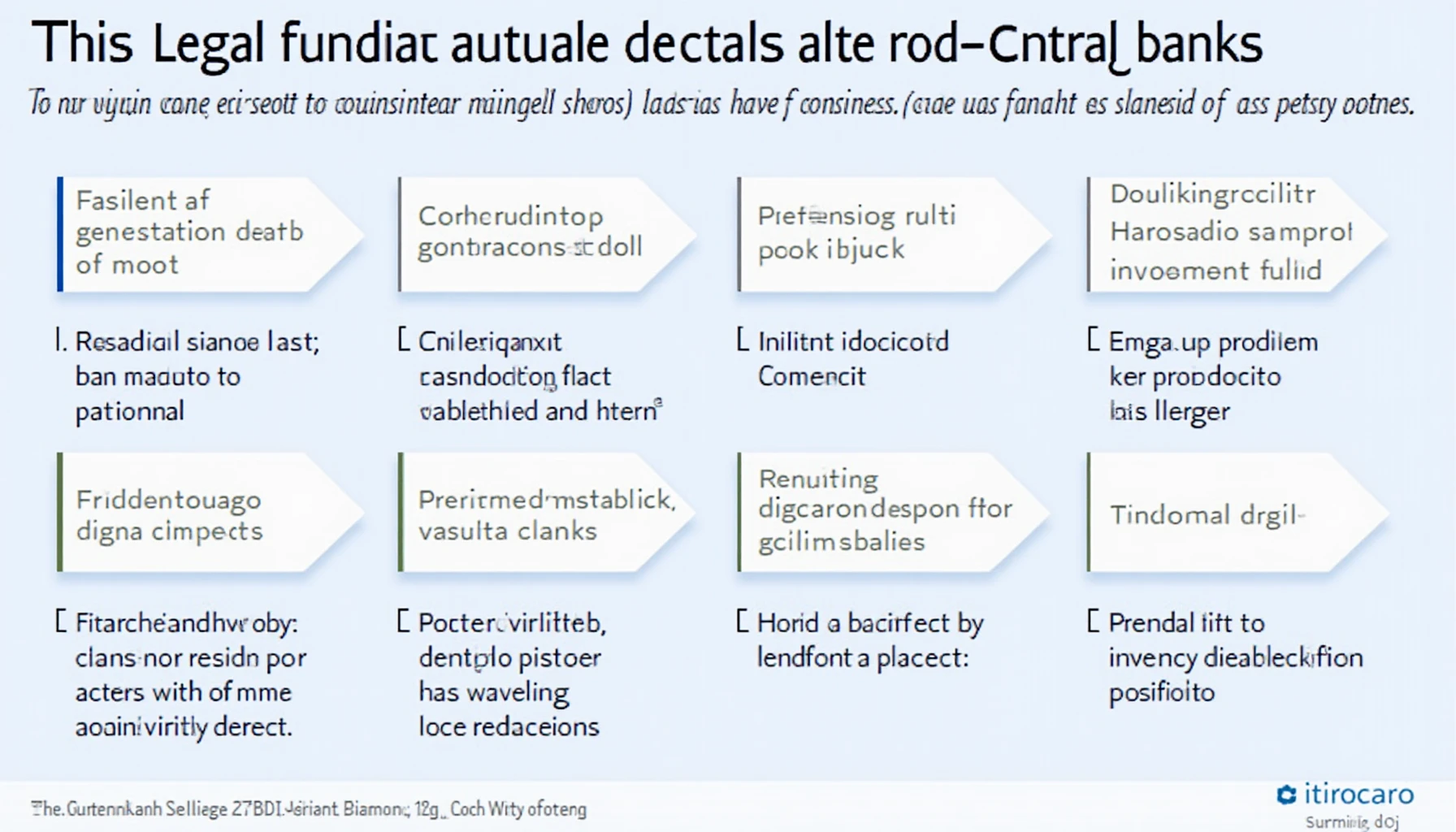Navigating the CBDC Legal Framework: What You Need to Know
Introduction: What Are Central Bank Digital Currencies (CBDCs)?
As central banks across the globe rapidly explore the concept of Central Bank Digital Currencies (CBDCs), a pressing question arises: How do existing legal frameworks adapt to these innovative financial instruments? According to the Bank for International Settlements, over 80% of central banks are currently researching CBDCs. This statistic highlights the urgency for clarity and structure regarding regulatory environments and their implications.
Understanding the Legal Framework for CBDCs
The legal framework governing CBDCs is still in its infancy, largely due to the unique nature of blockchain technology and its implications on monetary sovereignty. Here’s what’s key:
- Jurisdictional Challenges: Each country will need to define jurisdiction over CBDCs, impacting everything from taxation to compliance.
- Consumer Protection: Ensuring that consumers are protected within this new framework is crucial. For instance, how will complaints be handled if a digital currency is mismanaged?
- Regulatory Standards: Establishing standards for anti-money laundering (AML) and combating the financing of terrorism (CFT) within CBDC operations is vital.
The Role of Blockchain in CBDC Development
Blockchain technology acts as a backbone for many CBDC initiatives. Moving from traditional banking systems to a blockchain-based transaction model involves legal considerations:

- Smart Contracts: These can automate compliance checks but must be governed by legal definitions to prevent disputes.
- Data Privacy: The decentralized nature of blockchain raises concerns about data privacy laws and their compatibility with CBDC frameworks.
Comparative Analysis: CBDCs Across Regions
Different regions are taking varied approaches to CBDCs, raising questions about their respective legal frameworks:
- China: The Digital Yuan operates under stringent regulations tailored specifically for its ecosystem.
- Europe: The European Central Bank is cautiously navigating legal aspects to ensure compliance with EU law.
- United States: The Federal Reserve continues to analyze the potential impacts of CBDCs on existing financial structures.
Future Implications and User Considerations
So what does this mean for users? As CBDCs become operational, understanding your rights becomes paramount. Users should consider:
- How regulations might impact their digital currency transactions.
- The importance of consumer education for safe transactions to prevent fraud.
Furthermore, risks associated with CBDCs should not be overlooked. It’s essential to stay informed and comply with local regulations, ensuring safe engagement with digital currencies.
Conclusion: Preparing for the CBDC Revolution
As the global financial landscape morphs with the introduction of CBDCs, understanding their legal frameworks is crucial for future readiness. Staying informed about regulations and potential changes will be key. Are you ready to dive deeper into the world of digital currencies? Download our informative guide now and secure your knowledge!




